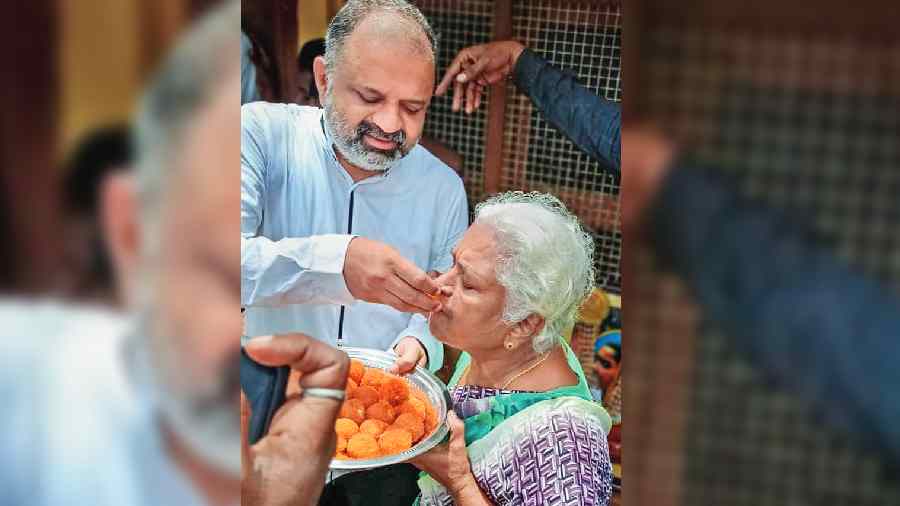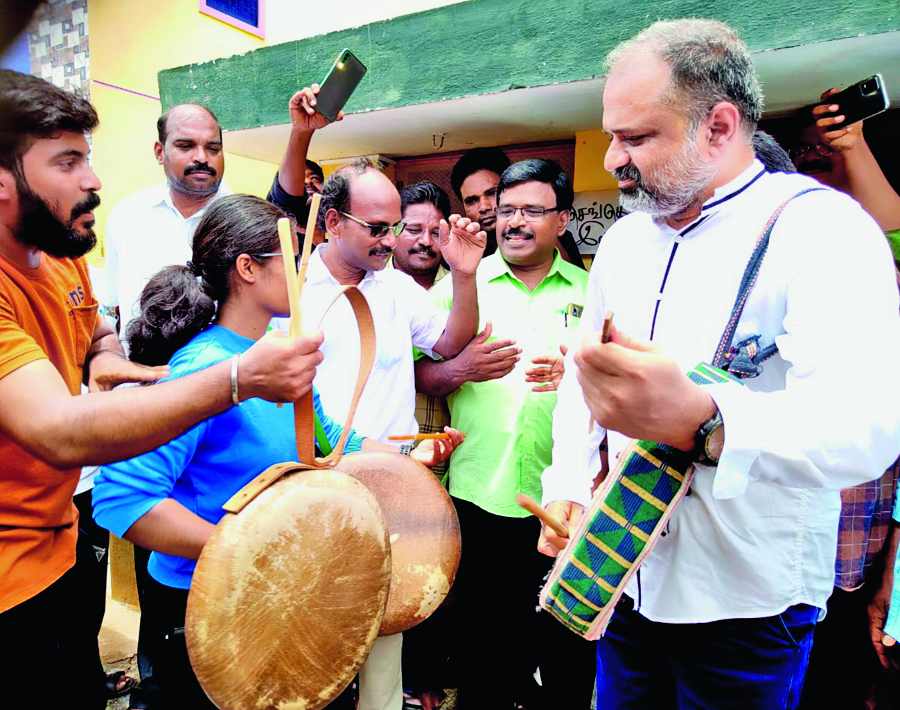The Supreme Court on Wednesday directed that Rajiv Gandhi assassination convict A.G. Perarivalan be released “forthwith”, using its extraordinary powers under Article 142 to grant the relief.
The court said the Centre had furnished no material to justify its opposition to the release, recommended by the Tamil Nadu cabinet (of the AIADMK-BJP) in September 2018 and referred by the governor to the President.
The bench of Justices L. Nageswara Rao, B.R. Gavai and A.S. Bopanna ruled that neither the Centre nor the President had executive power over a state cabinet decision, and the governor should not have referred the matter to the President.
“No express executive power has been conferred on the Centre either under the Constitution or law made by the Parliament in relation to Section 302 (murder). In the absence of such specific conferment, it is the executive power of the state that extends with respect to Section 302…,” Justice Rao, writing the judgment, said.
“The advice of the state cabinet is binding on the governor in matters relating to commutation/ remission of sentences under Article 161. No provision under the Constitution has been pointed out to us nor any satisfactory response tendered as to the source of the governor’s power to refer a recommendation made by the state cabinet to the President of India.
“In the instant case, the governor ought not to have sent the recommendation… to the President. Such action is contrary to the constitutional scheme.”
Perarivalan had challenged the Centre’s delay in deciding his plea for release.
The apex court underlined that the state cabinet recommendation had remained pending before the governor for almost two-and-a-half years and then for over a year with the Centre.
“Given petitions under Article 161 (mercy plea to governor) pertain to the liberty of individuals, inexplicable delay not on account of the prisoners is inexcusable as it contributes to adverse physical conditions and mental distress…” it said.











